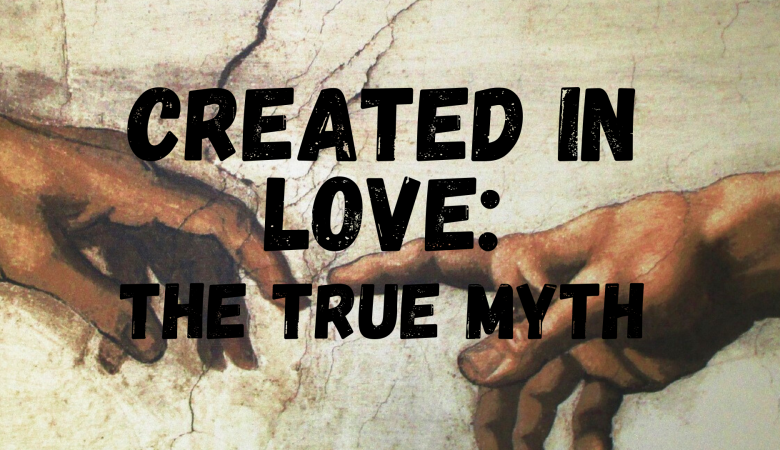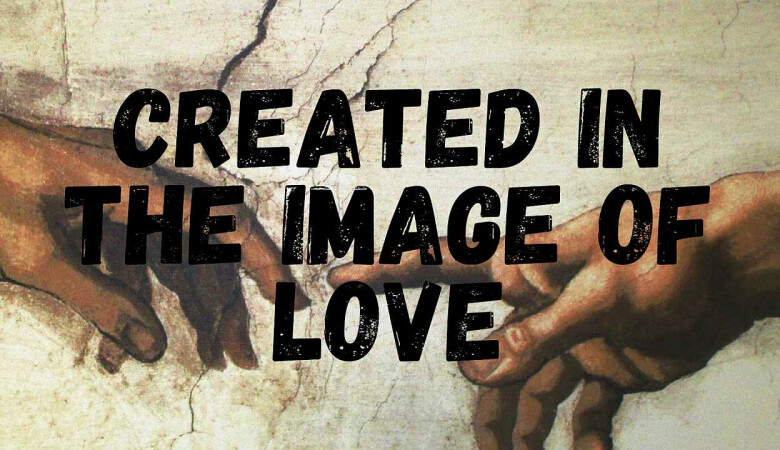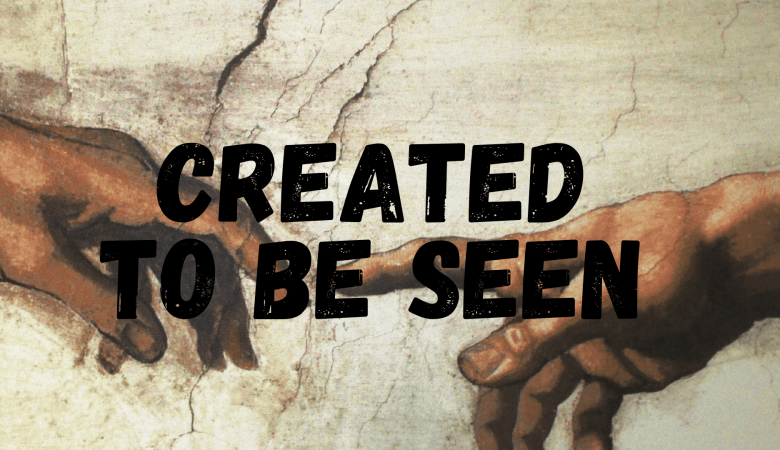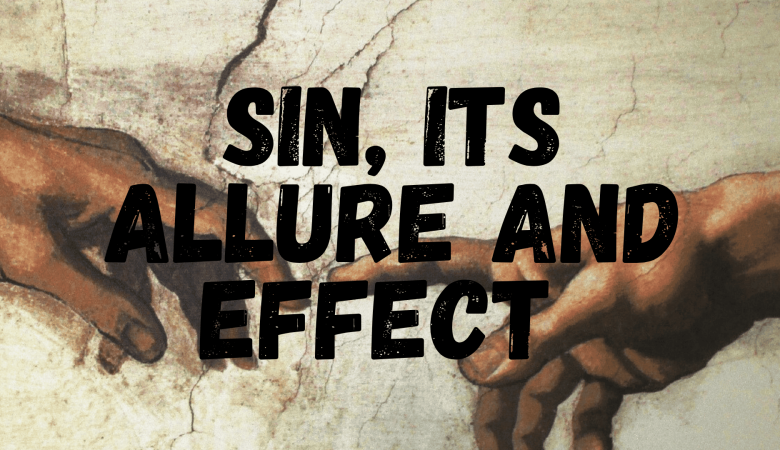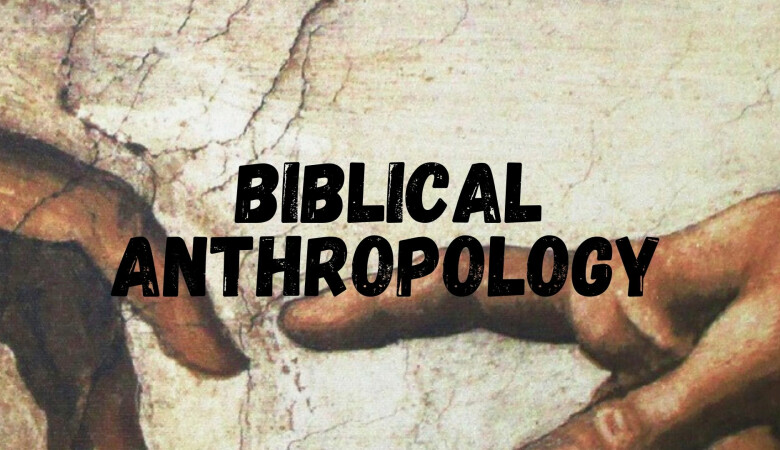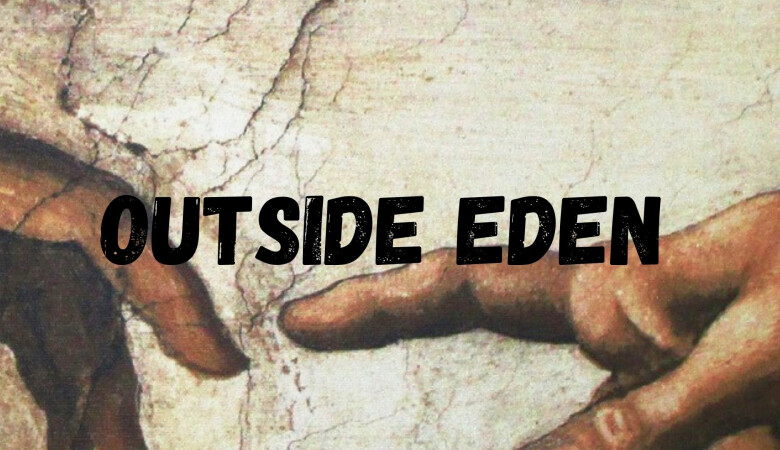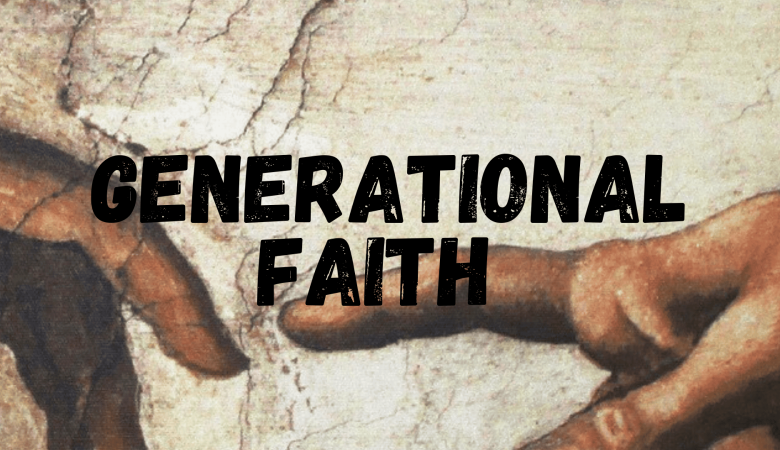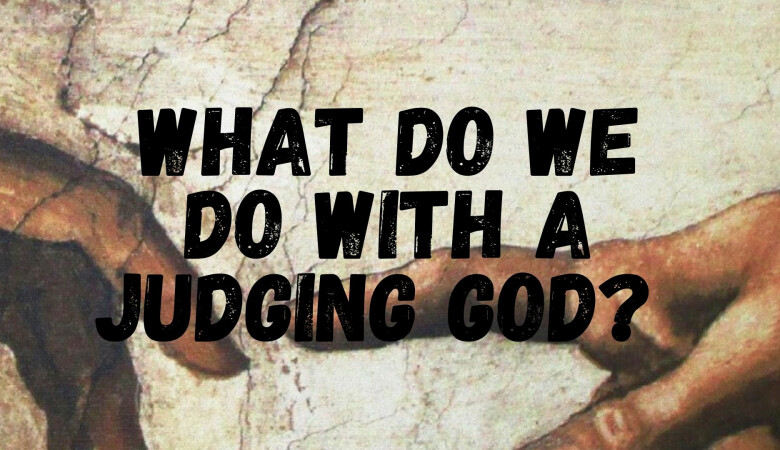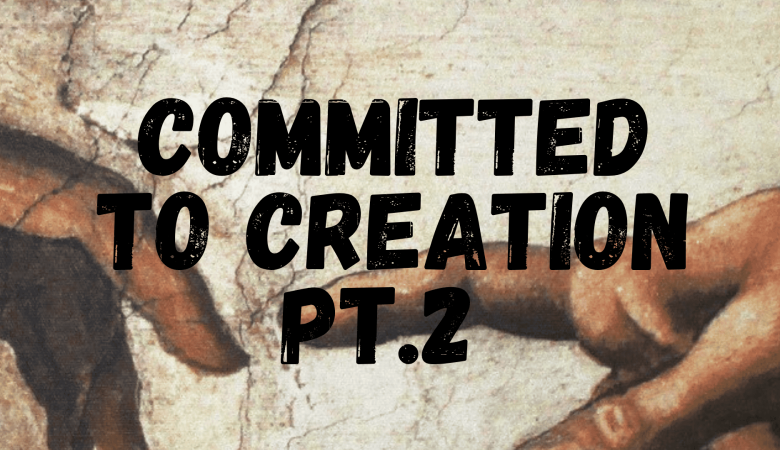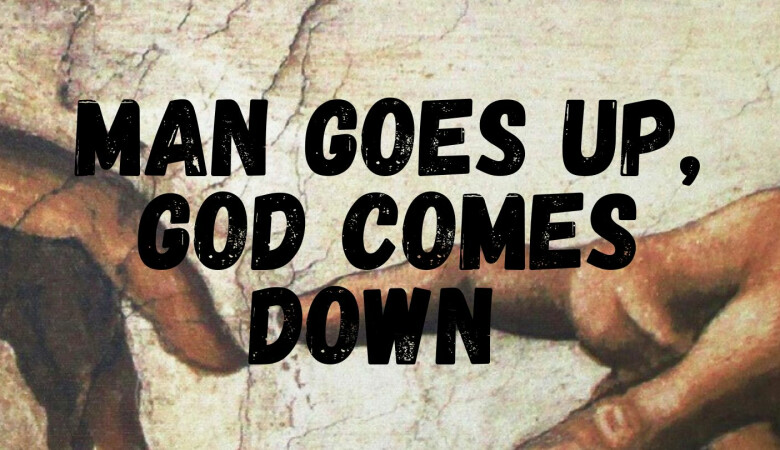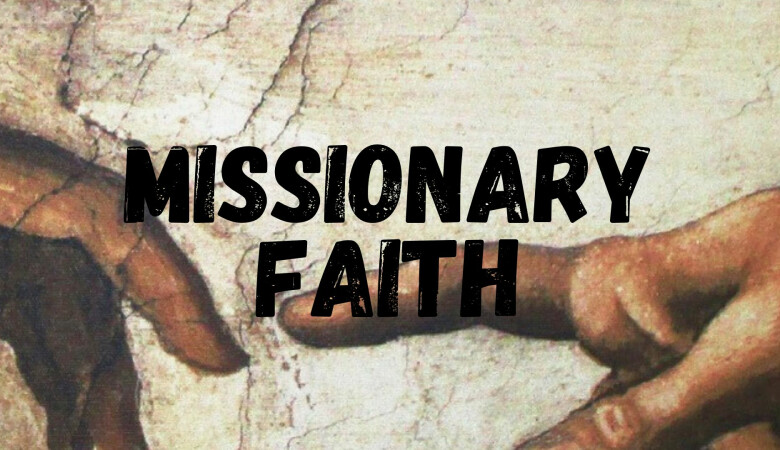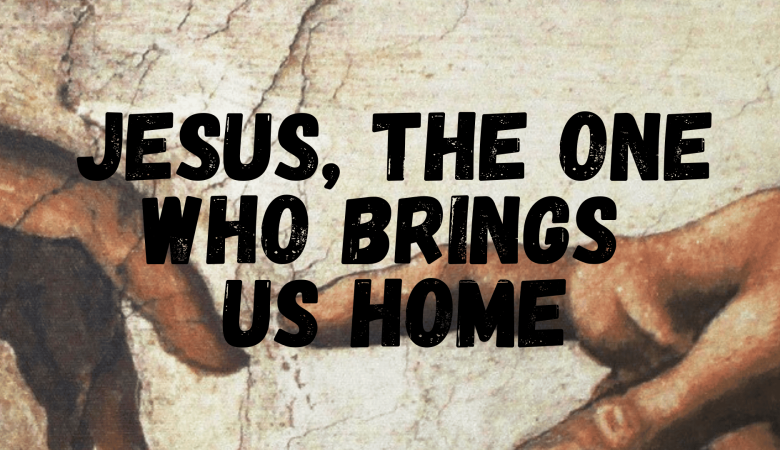Series: Created in Love
Committed to Creation
December 01, 2024 | Peter Rowan
Passage: Genesis 8:1-9:17
Summary
The Noah and flood story are great stories for children, but they are also great stories for us because they are true. Yet, the story also makes for one of the reasons Christianity isn't believed. A flood of this proportions just seems, well, too supernatural. It's for this same reason that many Christians are set on proving it happened. Yet both of these positions are wanting certitude while the Bible is inviting faith.
Transcript
It is Advent and we are still in the beginning of Genesis. Which, I would guess, you were not expecting. We normally do a separate preaching series through advent, which sometimes goes up until Epiphany. But we are still in Genesis and we are still in the story of Noah and the flood. Probably not what you expected. Yet, the few times that Jesus himself mentions Noah it is in relation to Jesus second coming, to his second Advent. Both in Matthew 24 and in Luke 17 Jesus says, “Just as it was in the days of Noah, so will it be in the days of the Son of Man.”
So maybe an unexpected text for us as we enter Advent, but maybe just what God would do.
And this is what we have seen so far. Noah isn’t quite the story we all expect. It’s far from being a story relegated to the realms of flannel boards and stories that will help your children sleep peacefully at night. It’s a story of judgement. And yet, once we begin to consider judgement, I think far from it being unexpected, it’s sort of what we desire. God alone is the just judge and this judgement he brings is not capricious but a response to the violence that comes from rebellion against him.
And last week we considered how maybe our take on the Bible and this story could be challenged. Maybe what is happening is not what we think, not what we expect. For some of us, we live in a world where the idea of a world-wide flood is just laughable, and yet we find that these stories exist all over the world, that at the very least there is a collective historical memory of a great flood and that story is told throughout all of the great ancient civilizations. Maybe not what you expect. But also that for some of us how we read the text may not be how we are invited to read it, given the conventions of ancient writing. It’s not quite what we would do and therefore not what we expect.
This morning, I want us to continue a little bit this idea. Both that the text speaks of something that is unexpected and it also teaches us in a way that is unexpected and it’s in that we have the invitation of Advent, of the coming of God for us. I want us to call these two points “An unexpected God” and “And unexpected Grace”
So, an unexpected God.
Again, I mentioned that ancient flood stories were all over the place. Last week I read for you a part of the flood stories from one of the native tribes in Western Washington, the Skagit people. But you can find them all over. And yet, what I also said is that the geological evidence for a global flood is somewhat weak. While that geological evidence may not be what a lot of Christians want it to be, no one doubts that there was a great flood at the very least throughout ancient Mesopotamia. The geological evidence for that is not really even questioned. And the stories we have from that region of a flood are pretty significant too.
The most famous of those Mesopotamian flood stories is found in the Epic of Gilgamesh. It is believed that the epic was written in the 3rd millennium BC and while it was first discovered in the ancient library of the Assyrian King Ashurbanipal in1849 in Ninevah in Northern Mesopotamia, parts of the story have been found in 12 different cities in the region. It tells of this ancient hero, Gilgamesh, and his adventures. And it is widely agreed that Gilgamesh was an historical figure, that he was the ancient king of Uruk in the early half of the 3rd millennium. Uruk was just up the Euphrates river from the city of Ur. Ur, or course, is where we will learn Abraham comes from when God calls him to leave his fathers house and follow him.
I go into some of this detail for you because what we need to hear is that the original audience, the children of Abraham who had been taken out of slavery by the God of their fathers Abraham, Isaac and Jacob, would have known the story of Gilgamesh, they would have had ideas of what god is like and what kind of god sends a flood.
And in the epic of Gilgamesh there is an immortal character, Utnapishtim, who survived a flood by building a boat and the gods grant him eternal life because of this, but only to him. Gilgamesh challenges him and I don’t need to tell you all of that. But the reason why the God’s send a flood in that story is because the people are too noisy. The people are annoying. There are a couple other ancient flood account and in one of those the reason why the God’s send the flood is because of overpopulation. They just think there are too many humans and something needed to be done about it.
Here’s is what I am saying.
We come to chapter 8 and the first thing that we read is that God remembered. He remembered Noah. And he doesn’t just remember Noah, but he remembers all the beast and all the livestock that were with him.
And two weeks ago what we saw was that violence in the world kept growing. The violence of Cain grew to the violence of Lamech and grew to the sons of God taking the daughters of man.
God is not capricious. He is not petty. Part of what we are being taught in this story is the same thing that the original audience was being taught. Gods is not how all of the people around you think he is. He doesn’t desires to destroy and certainly not because the noice of humanity annoys him or because there are just too many humans. No, in this story, judgement only comes because of the violence to other humans and to creation itself that stems from rebellion against God. But judgement is also not the end of the story. God remembers Noah and not just Noah but remembers his creation. It’s not what they would have expected and my guess is that many of you might come to the God of the Bible and think he acts just like these others gods. Maybe that’s your hang-up with Christianity. He doesn’t do that. He doesn’t. This is not the god that the ancient world was trained to expect and it isn’t the god that many of your coworkers and neighbors are trained to expect. This is not a petty or capricious god, but a God who, out of love for all that he has made, hates it’s destruction and hates the violence and does something about it.
So, an unexpected God.
But secondly,
An unexpected Grace
Just like last week, I want us to learn today to read in a way that we don’t natural read in our world.
Most of the time in our reading, if we read at all, we read from point a to point z. It’s mostly linear. It builds from beginning to end. And that’s how we approach stores in the Bible and, of course, there are stories in the Bible that work that way.
But there are literary devices that we have to learn in order to be good readers of the Bible. An easy one to understand is the idea of parallelism. This is very common in the psalms. “The earth is the Lord and the fulness thereof, the world and those who dwell therein.” (Ps 24:1). You sort of state the same thing, but in a different fashion. A phrase the parallels the one before it. Another literary device we find is an acrostic. The longest chapter in the Bible, Psalm 19 is a long acrostic. Each section begins with the next letter of the Hebrew alphabet. There are 9 psalms that work that way and unfortunately, we don’t really see it when we read it in English.
And we don’t really see something very significant in this passage if we don’t enter into the ancient literary structures. They aren’t how we expect something to be written.
The Noah story is a large large chiasm. A chiasm is a rather common ancient literary device that we almost never use now days and so we don’t expect it and so we don’t look for it, but because of that, we can miss the point of the story.
A chiasm points us to the middle. But it does this by successive “inclusio”. Think of successive envelopes. Or maybe you have one of those Russian dolls that are like onions. You open up one and then there is another and antler and another.
So, big- picture wise, you have a genealogy before (chapter 5) and after (chapter 10). You have a description of the Noah and the world before and after the flood in chapter 6:1-12 and then again in chapter 9:1-17. You have provision for the people during the flood and God’s covenant with Noah with some reflections on Noah and human behavior in 6:13-22, then again you have provisions for the post-flood world and God’s care, with reflections of human behavior in 8:20-22. Then you have the embarking into the ark in 7:1-5, then you have the disembarkment in 8:15-19. Then you have the beginning of the flood in 7:6-16 and the ending of the flood in 8:6-14. Then you have the fullness of the flood in 7:17-24 and then the waning or receding of the flood in 8:1b-5. That’s the big-picture chiasm.
But you know what, we’ve talked a little about numbers and their significance in the ancient world. And we’ve specifically seen how 7 is an important number. It’s the days of creation. It’s also extent of violence in Cain and Lamech.
There are 7 days of waiting for the flood in 7:4 there are then 7 days waiting after the flood. There are another 7 days waiting for the flood in 7:10 and then another 7 days waiting after the flood in 8:10. There are 150 days of the water prevailing over the earth in 7:24, then there are 150 days of the water waning from the earth in 8:3.
So, what is a chimes? It’s a literary device that points us to the middle. It’s like a succession of arrows trying to get us to look at something that is right in the bullseye.
And if we take this big-picture chiasm and we follow the successive arrows or the successive rings around the bullseye were do we come to? We come to the first words of chapter 8.
And if we take this numerical chiasm and we follow the successive around or the successive rings around the bullseye were do we come to? We come to the first words of chapter 8.
And what are those?
But God remember Noah and all the beast and all the livestock that were with him.
But God remembered!
But God. Remembered.
What is advent? What are we doing at this time of the year? Yeah, we are decorating. We are buying present for loved ones. We are singing seasonal songs. All of that. But why are we doing all of that? What is advent? Well, it means “coming” right. Yes.
What we are doing is commemorating committing ourselves to the fact that God remembers. Now, I want to get more specifically at the idea of “Covenant” that is so significant in this story and in our lives. And that idea is connected to remembering. But this morning I want us to simply sit in this: God remembers and he acts.
The ancient world didn’t expect a God who does this. No, they expected an annoyed God. A god who was concerned with the noisiness of humanity or the overpopulation of humanity. What the Israelites learned was that God remember them in slavery in Egypt and that this was one of the primary characteristics of this God. He remembers and he comes and he acts.
What our world today tends to think is that God, if he exists at all, is simply distant. If he isn’t capricious like the God’s of old, then he is just distant, unconcerned with our worries, with our lives, with the way sin and its destructive violence destroys his good creation.
What we get is the unexpected. The God who remembers and acts.
And that is Jesus connection to Noah.
Listen to Jesus speak of the second Advent in connection with Noah:
“But concerning that day and hour no one knows, not even the angels of heaven, nor the Son, but the Father only. 37 For as were the days of Noah, so will be the coming of the Son of Man. 38 For as in those days before the flood they were eating and drinking, marrying and giving in marriage, until the day when Noah entered the ark, 39 and they were unaware until the flood came and swept them all away, so will be the coming of the Son of Man. 40 Then two men will be in the field; one will be taken and one left. 41 Two women will be grinding at the mill; one will be taken and one left. 42 Therefore, stay awake, for you do not know on what day your Lord is coming. 43 But know this, that if the master of the house had known in what part of the night the thief was coming, he would have stayed awake and would not have let his house be broken into. 44 Therefore you also must be ready, for the Son of Man is coming at an hour you do not expect.”
The unexpected. God remembers. God comes.
This is advent. This is advent.
Series Information
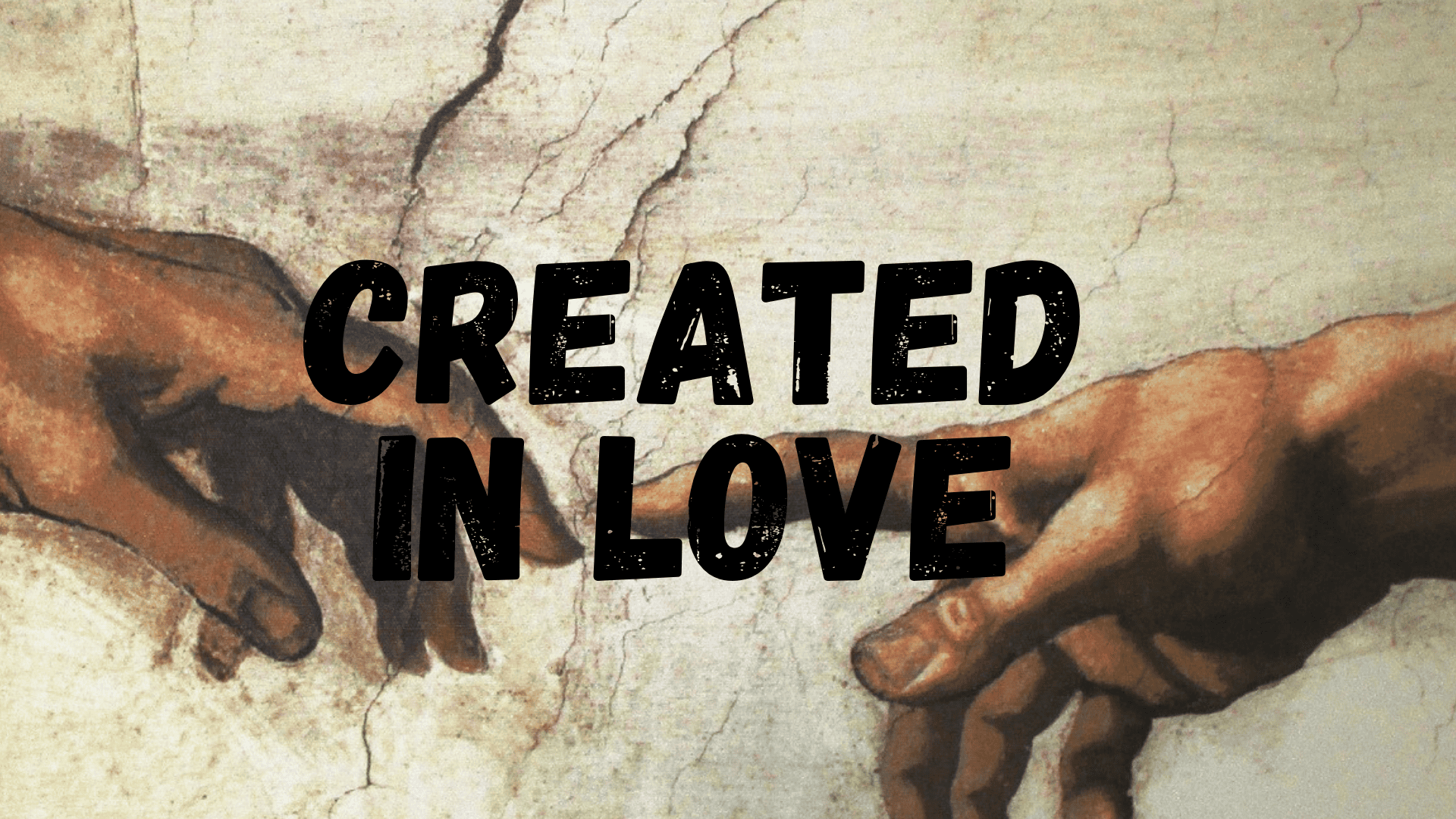
The first 11 chapters of Genesis are the origin story of all that is. In it we find unexpected account. It is not written to satisfy our desire to know the “how” As we will see, these 11 chapters are far more concerned to tell us “who” creates, and what becomes of the “good" world he hands his image bearers.

